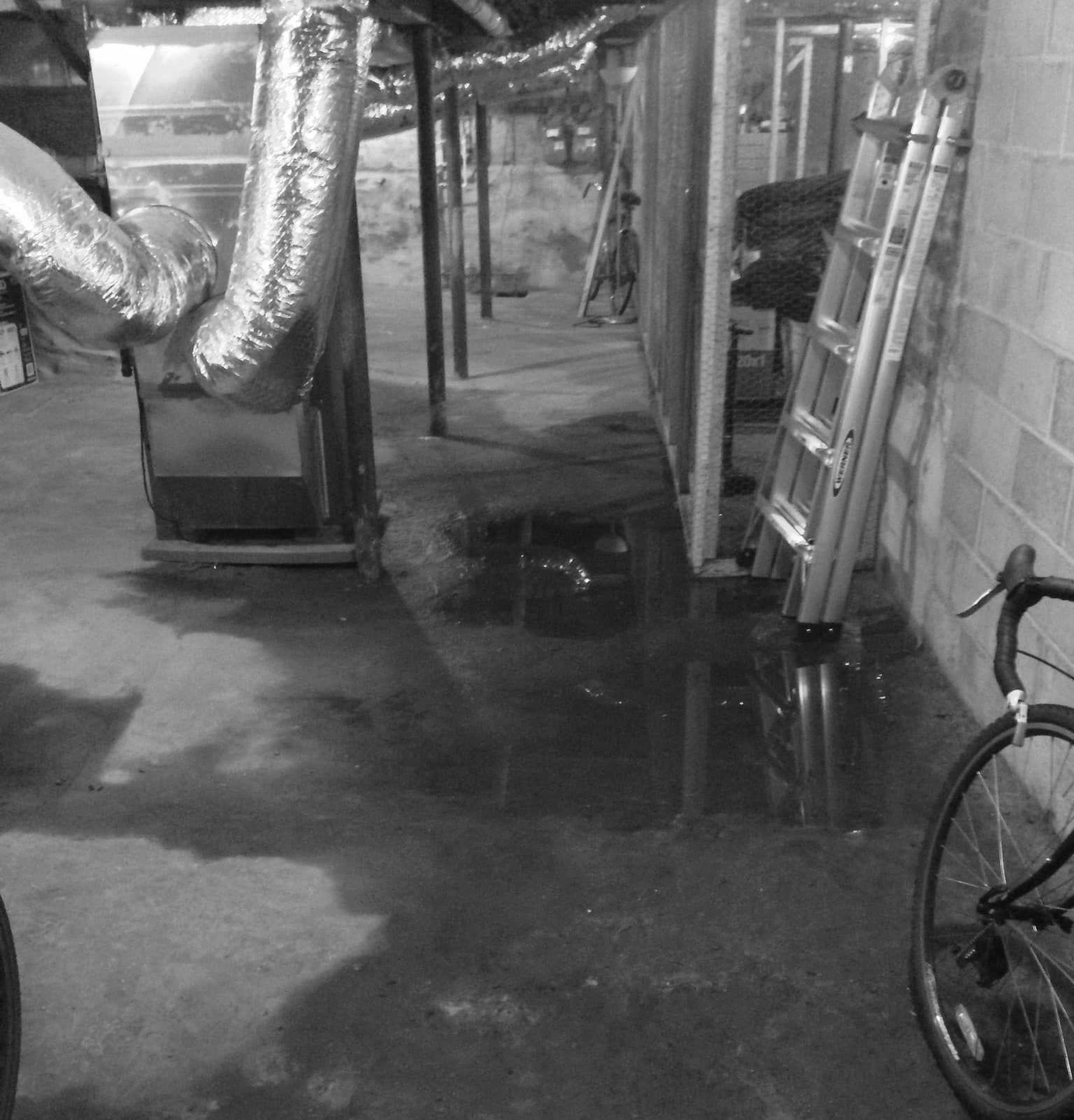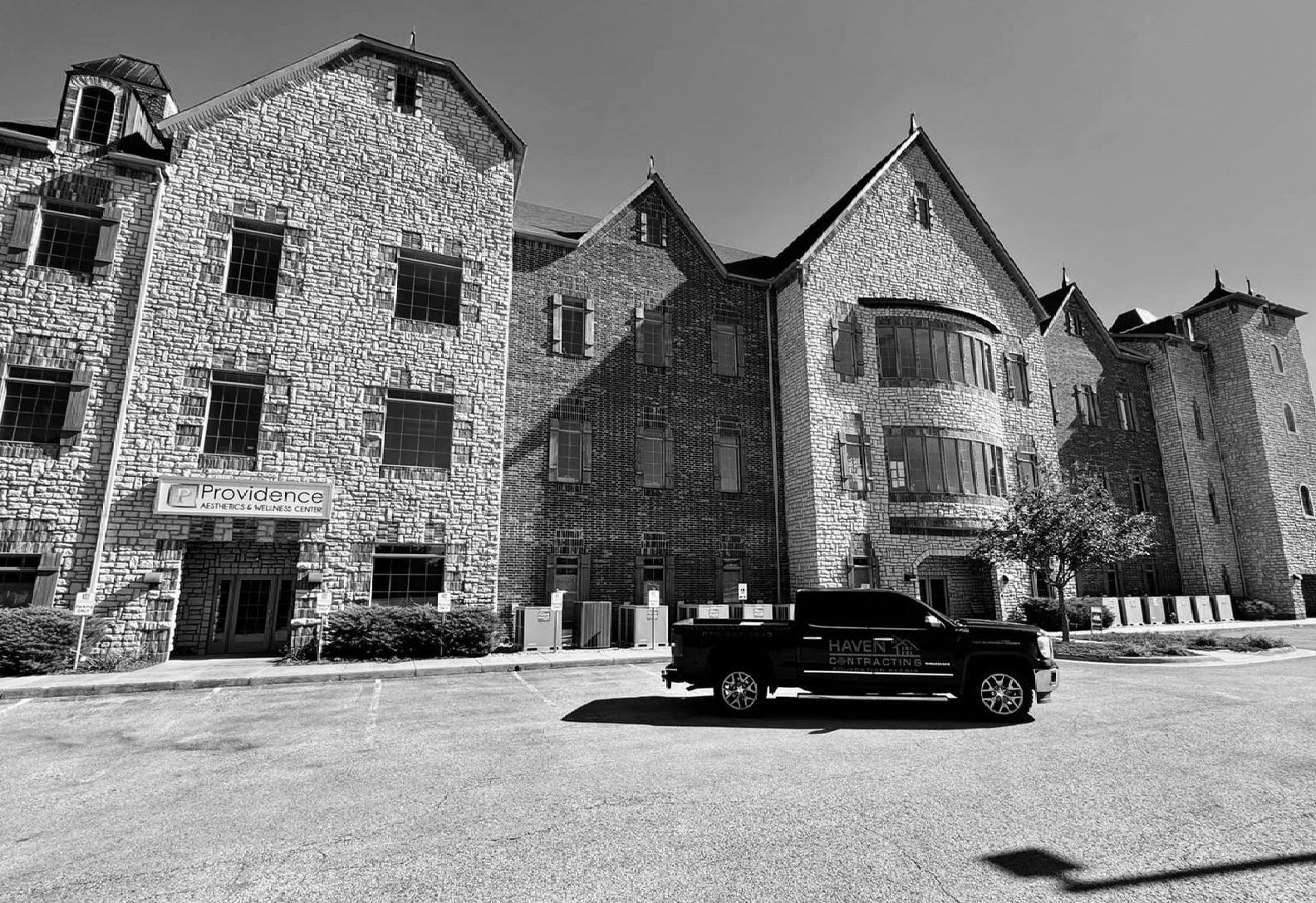Foundation Cracks in Arkansas & Missouri: What They Mean and When to Worry
Understanding the Root Causes of Foundation Cracks
Foundation cracks are a common concern for homeowners throughout Arkansas and Missouri. Whether you notice a thin hairline fracture in your basement wall or a jagged gap along your home’s exterior, one thing’s for sure—foundation cracks should never be ignored. At Haven Contracting, we’ve repaired hundreds of foundations across Southside, West Plains, Batesville, and beyond. In this blog post, we’ll walk you through the types of foundation cracks, what causes them, and when it’s time to call a professional.
Why Foundations Crack in the First Place
Several environmental and structural factors contribute to foundation cracking, especially in regions like Independence County, AR, and southern Missouri, where clay soils, extreme weather, and heavy rainfall are common.
Common causes include:
- Soil settlement or expansion due to moisture fluctuations
- Hydrostatic pressure from poor drainage or waterlogged soil
- Improper construction or undersized footings
- Tree roots expanding underneath or near the foundation
- Freeze-thaw cycles that expand small cracks over time
5 Types of Foundation Cracks & What They Mean
Not all cracks are created equal. Here’s a breakdown of the most common types and what each one could indicate:
Hairline Cracks
What they are: Very thin, surface-level cracks in concrete.
What they mean: Typically caused by shrinkage during curing.
Should you worry? Not usually—but monitor to ensure they don’t widen.
Vertical Cracks
What they are: Cracks that run straight up and down.
What they mean: Often due to normal settling or minor foundation movement.
Should you worry? Mild concern; may require sealing to prevent water entry.
Horizontal Cracks
What they are: Cracks that run parallel to the ground.
What they mean: Can signal serious structural pressure, often caused by hydrostatic soil pressure.
Should you worry? Yes. These need immediate inspection and reinforcement.
Stair-Step Cracks in Brick or Block
What they are: Cracks that follow mortar joints in a zigzag pattern.
What they mean: Usually a sign of foundation settlement or movement.
Should you worry? Yes, especially if they widen or are accompanied by bowing walls.
Diagonal Cracks
What they are: Angled cracks, often at windows or door frames.
What they mean: May result from differential settlement—one part of your foundation settling faster than another.
Should you worry? Monitor closely; if doors stick or gaps widen, call in an expert.
Schedule a Free Foundation Crack Evaluation
Worried about a crack in your wall or floor? Want peace of mind before buying or selling a home? Our expert team at Haven Contracting is here to help.



